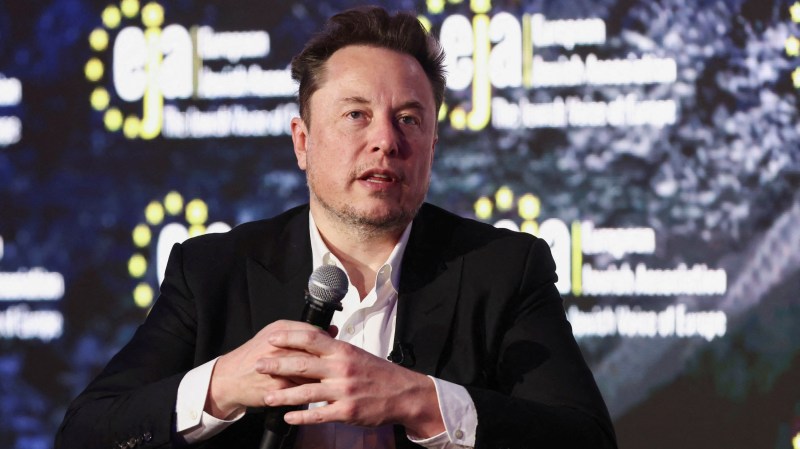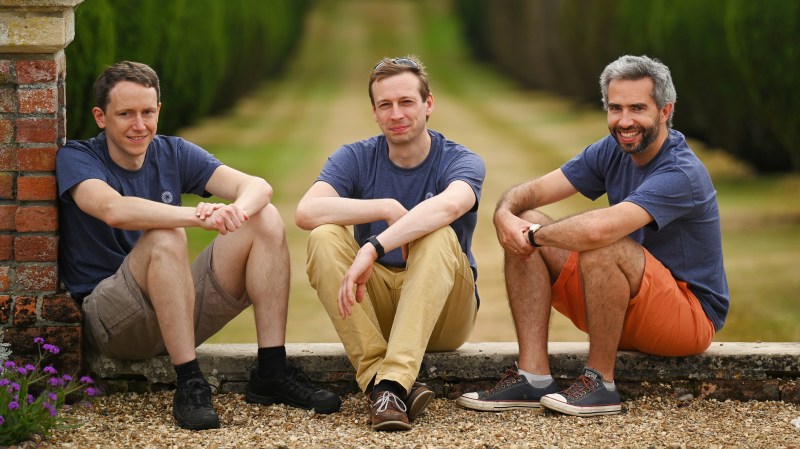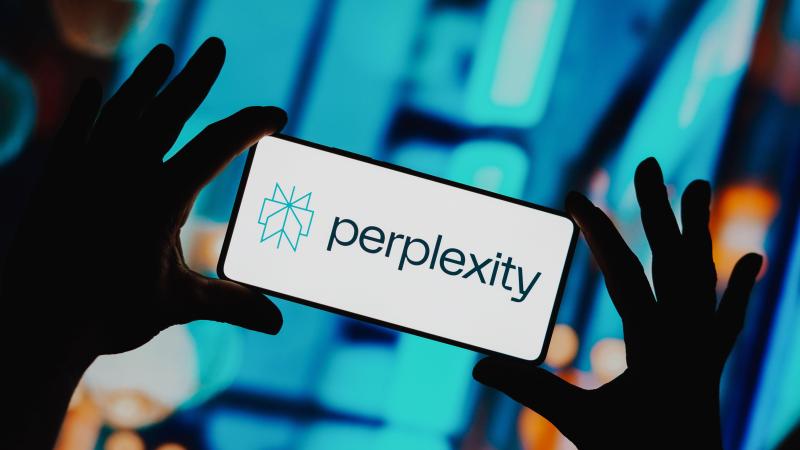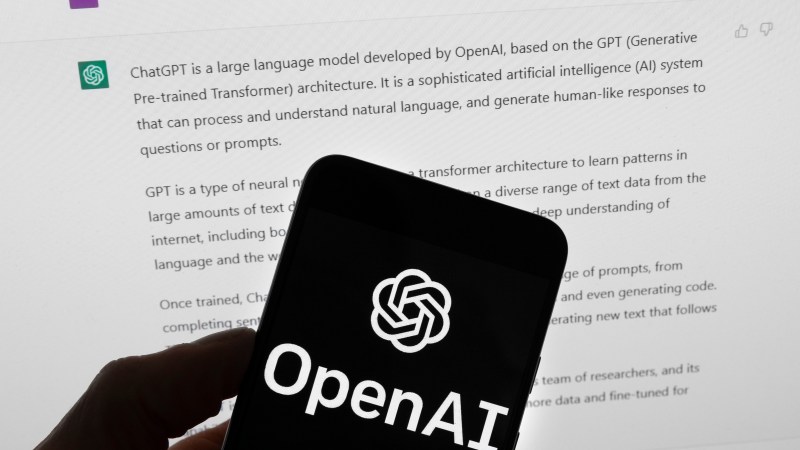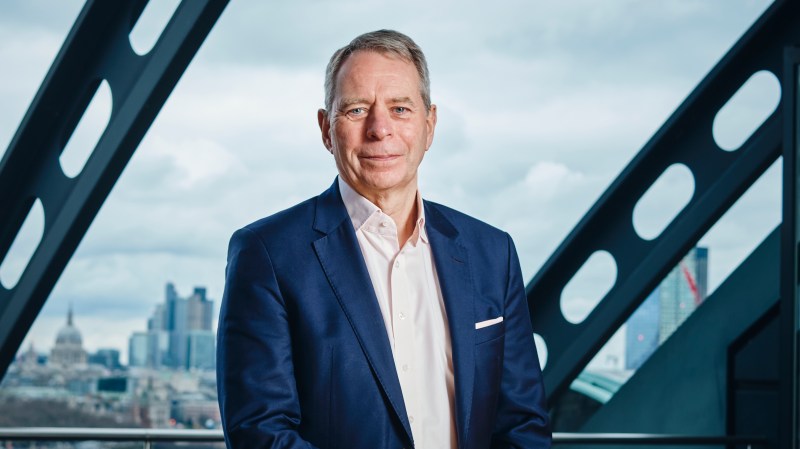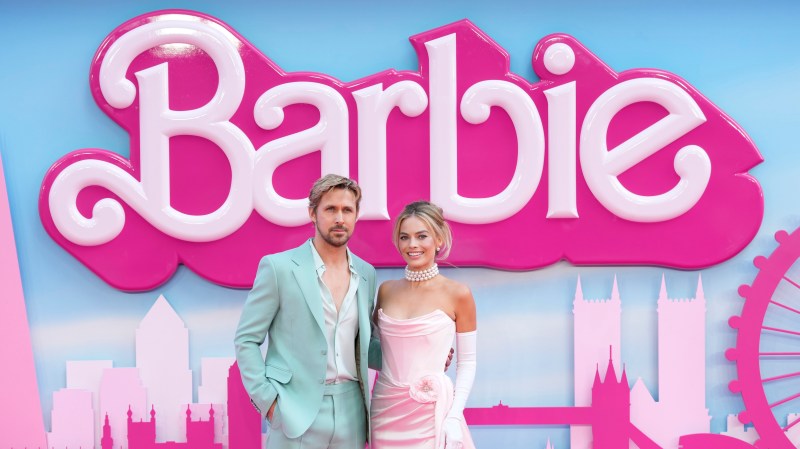Elon Musk’s battle with OpenAI triggers memories of Napster
With each passing week, OpenAI looks a bit more like Napster. Oldsters will have vivid memories of the latter, a company that seemed to materialise out of nowhere in 1999 to revolutionise an industry. Suddenly the world’s music was instantly and freely available for download. It was a glorious time. It didn’t last. The company, which made it easy for anyone to download music, was dubbed a “piracy super weapon”. It was soon so inundated with lawsuits from music labels and artists that it gave up the ghost, getting passed from one owner to the next. Today it is a shadow of what it once was, though the forces it unleashed live on in Spotify and Apple Music. Now consider OpenAI, another trailblazing company facing a mountain of lawsuits. The latest came last week from its co-founder, and sometime richest man in the world, Elon Musk. He filed a 44-page suit in the Superior Court of California alleging breach of contract. His argument is that his erstwhile co-founder Sam Altman broke their founding agreement to keep OpenAI a non-profit by first spinning up a for-profit arm and then licensing its most advanced tools to Microsoft, the largest company on the planet.
• Google’s AI disaster heaps pressure on Alphabet heir Sundar Pichai
Musk joins a long queue of parties that claim the creator of ChatGPT, which was last valued by investors at $86 billion, is an empire built on dubious legal foundations, just like early Napster was. The question for OpenAI is whether the onslaught is par for the course for a company whose technology threatens to undermine vested interests in virtually every industry. When it was launched in November 2022, ChatGPT wowed the world with its abilities to pass standardised tests, write software code and hold conversations. Critics were terrified that it would wipe away millions of jobs while accruing vast wealth and power into the hands of Altman and his financial benefactor, Microsoft. Among OpenAI’s enemies was a group of online publishers, including The Intercept and Raw Story, which sued it last week for illegally using their copyrighted articles to train its bots. The New York Times filed a similar suit in December. In September, the Authors Guild, an industry group that includes the writer John Grisham, alleged “mass-scale copyright infringement” in a separate case. ChatGPT is a large language model that ingests huge amounts of data; the entire written internet and more. Its algorithms are then tuned to give the best answer to a given question. It is adept, but it would not have got there without scraping up every last word from across the web. And as it turns out, it didn’t ask for permission before doing so. The result is a tool that could replace the humans who generated the very data that was used to put them out of work. So, the backlash is understandable.The difference between Napster, created by a teenager, and OpenAI is the latter has Microsoft by its side. The company, which owns just under half the for-profit operation of OpenAI, has vowed to cover the legal costs of any copyright kerfuffle.A data licensing industry has sprung up. In December OpenAI announced a “first of its kind” licensing deal with the German media company Axel Springer. Reddit revealed in its recent stock market filings that Google had agreed to pay $60 million for access to the social network’s user posts to train its rival AI models.Rivals such as Mistral AI in France and Mark Zuckerberg at Meta, having been shown the way, have launched “open-source” models that are free to use and build upon.Musk funded OpenAI in 2015 as a non-profit counterweight to Google, which he saw as too “cavalier” in its ambition to build superhuman artificial intelligence. So, with Altman he created OpenAI as a non-profit with the purpose of developing AI to “benefit humanity”.Musk left and Altman took over as chief executive in 2019. He raised more than $13 billion from investors, mostly Microsoft, and, as the suits claims, “transformed [it] into a closed-source de facto subsidiary of the largest technology company in the world”. Musk wants the court to force OpenAI to share its work, not to make money, for the benefit of humanity. Musk launched his own AI start-up, xAI, last year, so a suit that could hobble the market leader would be rather helpful. He also argues Microsoft should be forced to excise OpenAI’s most advanced tools, namely GPT-4, which it launched last year, from all its products, because its licence applies only to less advanced AIs that have not achieved human-level intelligence, a threshold that GPT, he argues, has already crossed. As the first one over the technological hill OpenAI, like Napster, is taking all the arrows. It is up to Altman to ensure it survives.
